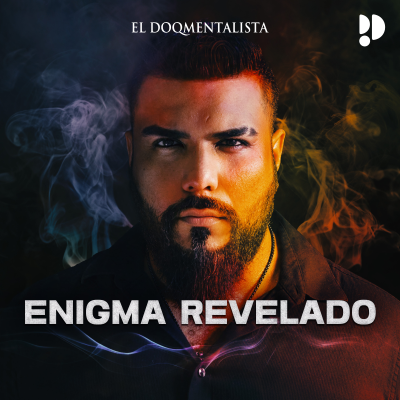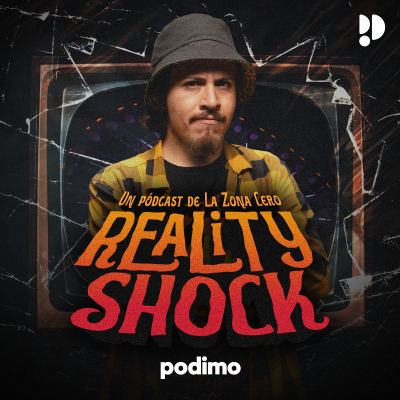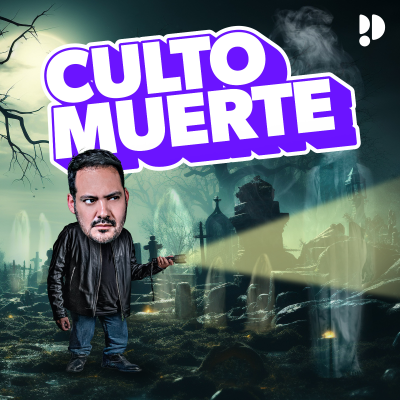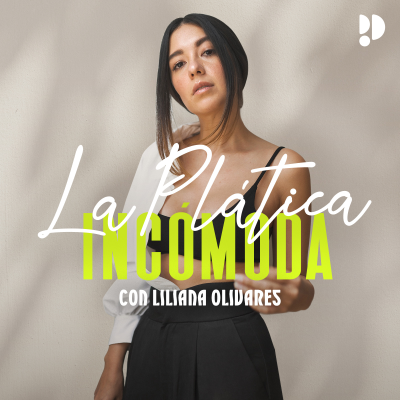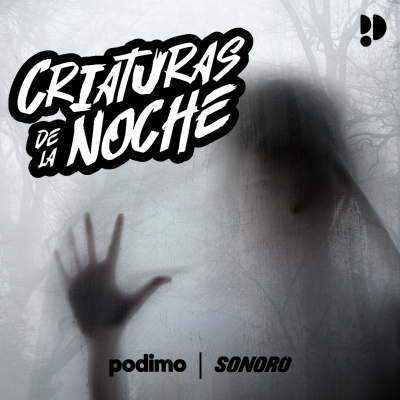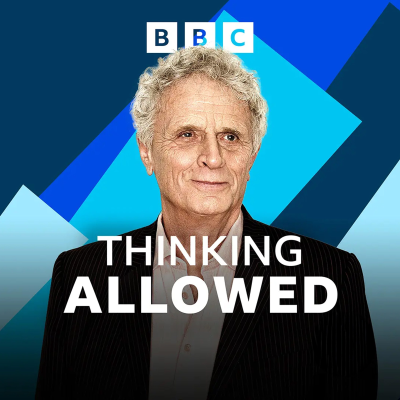
Thinking Allowed
inglés
Tecnología y ciencia
Empieza 7 días de prueba
$99 / mes después de la prueba.Cancela cuando quieras.
- 20 horas de audiolibros al mes
- Podcasts solo en Podimo
- Podcast gratuitos
Acerca de Thinking Allowed
New research on how society works
Todos los episodios
581 episodiosExtreme Sports
What can the worlds of mountaineering and endurance running reveal about changing ideas of freedom, identity and the body? Laurie Taylor talks to Sarah Lonsdale, Senior Lecturer in Journalism at City, University of London, about her new book Wildly Different - her study of early 20th‑century women who sought autonomy through outdoor adventure. She focuses on the mountaineer Dorothy Pilley, whose Alpine achievements and reflective writing challenged prevailing assumptions about femininity and physical capability. In 'Dirtbag Dreams', Carl Morris (sociologist, historian and social psychologist from the University of Lancashire) explores the history of mountain, ultra and trail running in the US and Britain from its origins right up until today. He asks if the ever-increasing popularity of these sports risk making them overly commercial and corporate? A keen fell runner himself, Morris examines the distinctive values that shape these endurance communities, including ideas of authenticity, self‑sufficiency and the pursuit of physical extremity. Producer: Natalia Fernandez
The demise of Grand Theory?
What explains the apparent decline of grand theory in sociology, and what does this shift mean for the discipline today? Laurie Taylor asks whether sociologists are now less inclined to engage with large, overarching theoretical frameworks, and explores the reasons behind this change. He is joined by Professor Les Back (University of Glasgow) and Professor Imogen Tyler (University of Lancaster), who consider whether theory still resonates within contemporary sociology and, if so, which thinkers remain most influential. Who are the discipline’s most cited theorists today, and which grand figures - such as Marx, Weber, Durkheim and Foucault - continue to shape sociological thought? It may be argued that theory remains stronger within feminist and women’s studies traditions, but what does this suggest about long‑standing questions concerning the gendered character of theory itself? Laurie Taylor and guests set out to consider which new or emerging theoretical approaches offer fresh ways of understanding familiar social phenomena, and whether they signal a transformation in the discipline or simply a reworking of older sociological concerns. Producer: Natalia Fernandez
Gentrification in Detroit and London
What do we learn when a city’s future is defined not by rapid change, but by who leaves and who stays? Laurie Taylor looks at two neighbourhoods in different countries, during different periods in history and explores the human cost of gentrification - and what happens when the project fails. Sharon Cornelissen (sociologist and Director of Housing at the Consumer Federation of America) discusses her latest book, "The Last House on the Block - Black Homeowners, White Homesteaders, and Failed Gentrification in Detroit', her study of Detroit’s Brightmoor neighbourhood. After living as a homeowner in Brightmoor for several years, Cornelissen argues that American cities should look more closely at depopulation and disinvestment because she experienced firsthand what it is like to live somewhere with a very small population and a distinct lack of both public and private investment. In his new book, "Songs of Seven Dials - an Intimate History of 1920s and 1930s London", Matt Houlbrook (Professor of Cultural History at the University of Birmingham) writes about the history of the central London district in the interwar years through the story of a 1927 libel trial involving a Sierra Leonean café owner and a nationalist newspaper. Through this personal story, he reveals the tensions around race, class and “improvement” that shaped the area’s future. Seven Dials near Covent Garden emerges as a place where business interests collide with local residents and where money and influence win out over the rights of individuals — early examples of the pressures now associated with gentrification a century later. Producer: Natalia Fernandez
Prison violence, sound and survival
The winner of the British Society of Criminology Book Award in 2025 was Kate Herrity. Her study looks at the way our different senses contribute to the experience of prison life and is called Sound, Order and Survival in Prison: The Rhythms and Routines of HMP Midtown. Her research looks at the way for many prisoners, listening becomes a vital survival practice. Kate Gooch is a Professor of Criminology and Criminal Justice at the University of Bath. In her new book, 'Prison Violence - The Search for Recognition and Respect', she analyses the nature, causes and culture of prison victimisation in an English young offender institution for men aged 18-21 years old. Her research examines how hierarchies develop, how fear circulates, and how both staff and young men negotiate constantly shifting landscapes of threat, reputation and authority. Laurie Taylor presents. Producer: Natalia Fernandez
The go-along research method
How does the environment we move through shape the way we see and experience the world? Laurie Taylor talks to Alex Prior (London South Bank University) about his research inside Westminster, where he walked alongside MPs and staff to uncover how the corridors of power feel different depending on who you are and what your job is. James Fletcher from the University of Bath worked on a project exploring what it’s like to navigate the bus and tram routes of central Manchester while living with dementia. He looked at how familiar streets and transport systems change when memory and mobility are shifting and the implications of this. What is the value of research conducted in this way and what are the downsides? Producer: Natalia Fernandez
Elige tu suscripción
Premium
20 horas de audiolibros
Podcasts solo en Podimo
Podcast gratuitos
Cancela cuando quieras
Empieza 7 días de prueba
Después $99 / mes
Empieza 7 días de prueba. $99 / mes después de la prueba. Cancela cuando quieras.


